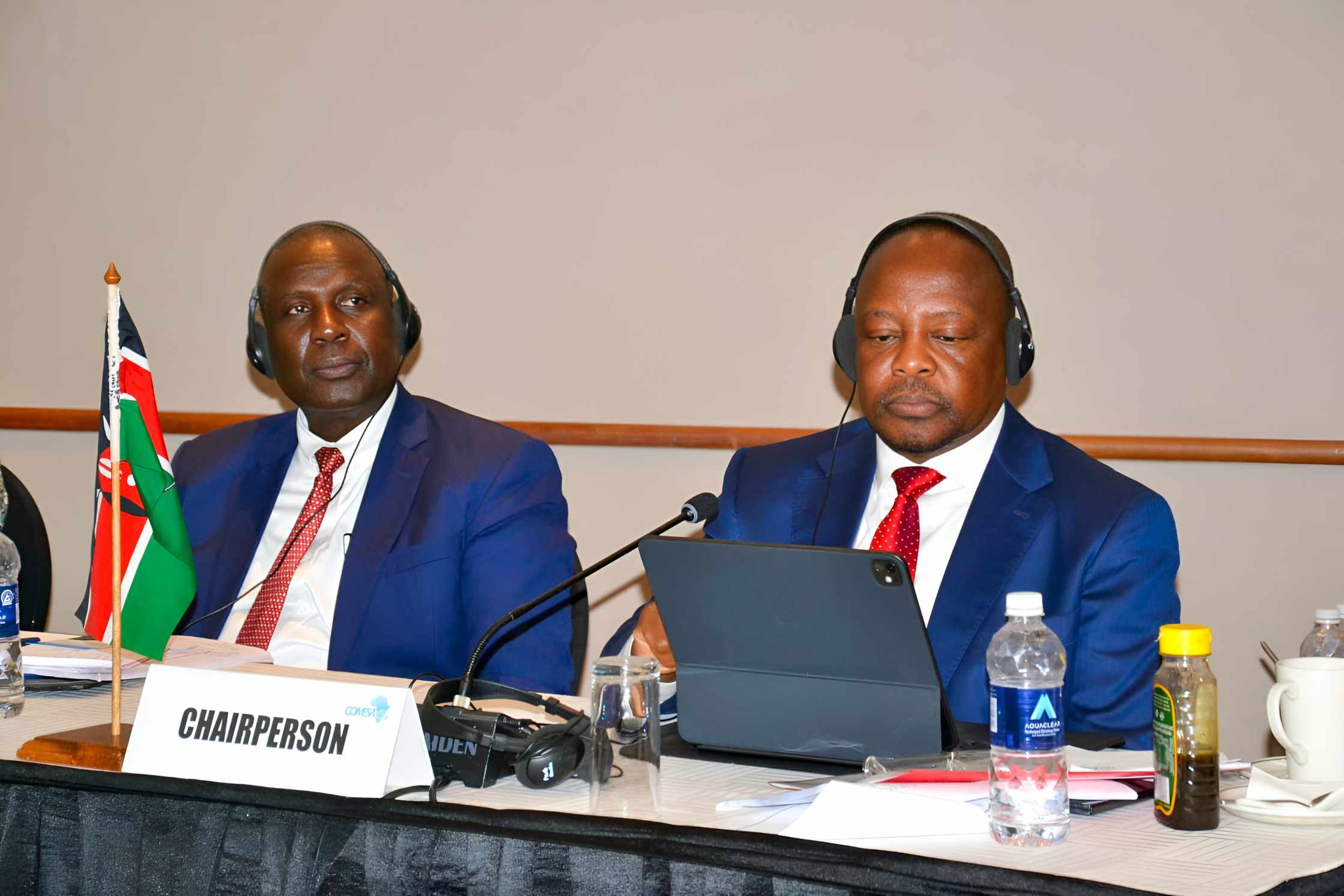Kenya is urging the Common Market for Eastern and Southern Africa (COMESA) to adopt a blanket ban on dangerous pesticides across its 21 member states, warning that inconsistent chemical regulations are endangering public health, food safety, and cross-border agricultural trade.
Addressing delegates at the 9th Joint COMESA Ministerial Meeting on Agriculture, Natural Resources, and Environment in Lusaka, Agriculture and Livestock Development Cabinet Secretary Mutahi Kagwe stated the urgency of harmonizing chemical safety standards within the region.
He cautioned that the continued use of pesticides prohibited in some countries but permitted in others was undermining sanitary and phytosanitary (SPS) measures meant to safeguard consumers and markets.
“The reality is that a pesticide banned in one country but still in use in a neighboring state makes a mockery of our shared SPS goals,” Kagwe said. “We are exposing farmers, consumers, and our economies to avoidable and unacceptable risks.”
Kenya maintains that without a coordinated regional framework, individual national efforts to regulate agricultural chemicals will remain inadequate. According to Kagwe, loopholes in national laws have created opportunities for unscrupulous traders to exploit the differences, resulting in contaminated farm produce and eroding public trust in agricultural systems.
He called on COMESA to move from discussion to decisive policy action, declaring that harmonizing chemical safety rules was not merely advisable but urgent.
“We cannot allow fragmented policies to stand in the way of our people’s safety. Eliminating hazardous agrochemicals must be treated as a top priority,” he said.
Kenya’s proposals to COMESA also included the joint development of livestock vaccines, the creation of cross-border protocols for certified seed trade, and the adoption of digital tools to enhance agricultural planning. However, Kagwe emphasized that tackling the pesticide threat should be the bloc’s foremost concern.
“Let this gathering be remembered not for the debates we held but for the bold actions we took,” he concluded, reaffirming Kenya’s readiness to support reforms that would position COMESA as a driver of agricultural resilience and economic transformation.
COMESA’s 21 member countries include Burundi, Comoros, the Democratic Republic of Congo, Djibouti, Egypt, Eritrea, Eswatini, Ethiopia, Kenya, Libya, Madagascar, Malawi, Mauritius, Rwanda, Seychelles, Somalia, Sudan, Tunisia, Uganda, Zambia, and Zimbabwe.
